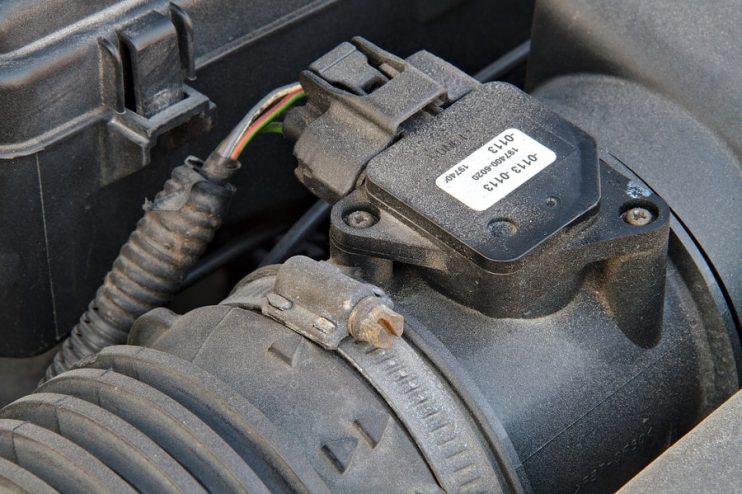
The mass air flow sensor (MAF) is a critical component in your car’s fuel injection system. It sits nicely between the air filter and the intake manifold, carefully measuring the amount of air that’s being drawn into the engine to drive the combustion. The sensor sends the information to the Engine Control Unit (ECU), which in turn delivers the correct amount of fuel to the engine. As the sensor picks up different information about air density, temperature and other variables, it ensures that the engine functions at the most efficient level.
Table of contents:
- How Does a MAF Work?
- Why Does a MAF Malfunction?
- Symptoms of a Malfunctioning MAF
- Cleaning the Mass Air Flow Sensor
- If Nothing Else Works…
How Does a MAF Work?
The mass air flow sensor is relatively simple. It contains two wires. One is hot and one is cold. The system measures how much energy is needed for the cold wire to feel the heat from the hot wire; a value that is impacted by the amount of air flowing between the two wires, and thus it adjusts the air flow into the engine accordingly.
Why Does a MAF Malfunction?
Over time the sensor will degrade and become increasingly prone to failure. Because the part is constantly exposed to rushing air, full of pollutants such as dirt and exhaust fumes from other vehicles on bigger roads, it can become dirty, stopping it from functioning correctly. Or in a worst case scenario, a voltage surge could fry the circuits, stopping it from transmitting information to the ECU.
Symptoms of a Malfunctioning MAF
Be aware of the following signs that could indicate that the mass air flow sensor in your engine is failing:
Check Engine Light Illuminates
Without question the most common sign you’re having problems with the sensor is the check engine light. However, this could blink for a number of reasons, which are not all connected to air flow. Have the car’s error codes scanned. If the codes range from P0100 to P0104 this indicates that there is something wrong with the sensor. Damaged or faulty sensors will have the codes P0171 or P0174.
Lean Idling
Is your car is running lean? Which means it’s struggling for power and perhaps stalling more this could mean you’re getting too much air in the engine and insufficient fuel? Too much air means that the combustion process won’t work properly. This is usually caused by a dirt build up on the wires in the sensor. Get the wires cleaned by a technician, which should restore the sensor to full working capacity.
Engine Not Starting Properly
Are you having trouble getting the car started? If the engine is turning over and the battery is fine then it could be due to a bad mix of air and fuel. Possibly because the ECU cannot measure the air flow coming into the engine. Check it’s not the spark plugs first and then get a professional to look at the sensor.
Engine Drags
Experiencing problems when you add an extra load to the car? This can be because the car needs more fuel. If the mass air flow sensor is playing up, then the powertrain control module will not be able to determine the optimal air fuel mix, which in turn causes the engine to suffer and drag.
Delayed Acceleration
Another function of the car’s performance that’s likely to suffer under a bad sensor is the acceleration. If fuel cannot reach the engine fast enough because the air flow sensor is not picking up the correct viscosity and density of the air, especially when it starts coming into the engine at higher speeds, then the fuel air mix will once again be upset.
Excessive Fuel Consumption
Noticed that you have to fill the car up with more fuel? If you’re making more refuelling stops than seems normal, then the mass air flow sensor could be the culprit. A faulty sensor might be sending incorrect information to the power-train control module (PCM), which in turn could be causing the vehicle to burn through fuel at a higher than normal rate of consumption.
Smell of Unburned Fuel from Exhaust
A failing mass air flow sensor could well be delivering too much fuel to the engine. If this is the case then unburned fuel could spill out in your exhaust, causing the smell of fuel in the air around your car.
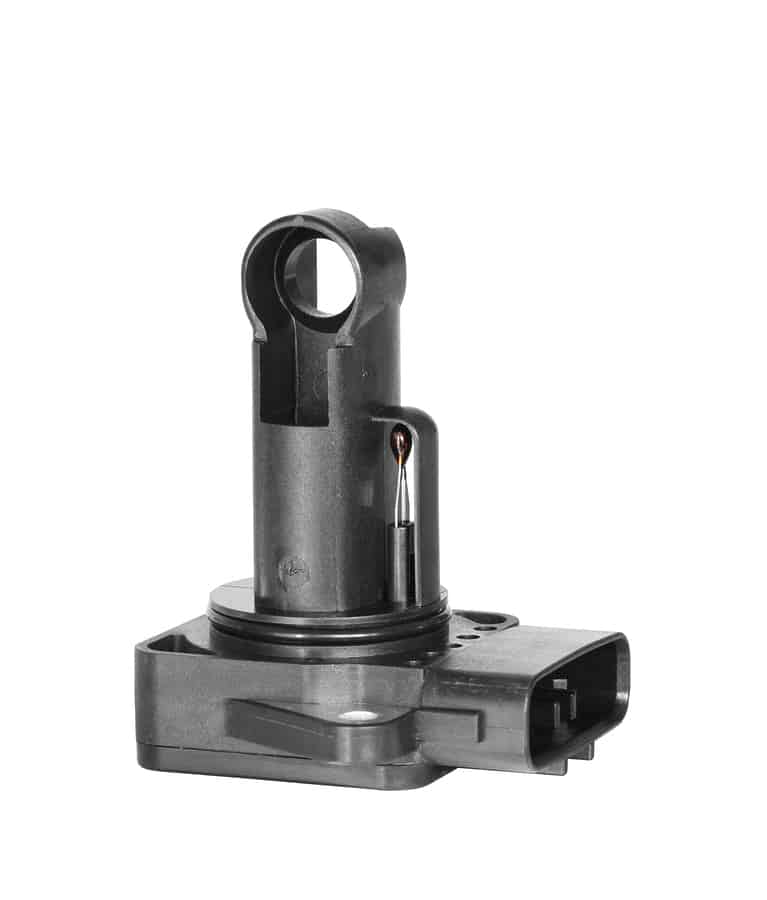
Cleaning the Mass Air Flow Sensor
The majority of the problems on our list are caused by a build-up of dirt and debris on the sensor wires. Ideally you’ll be checking this part twice a year or every six months. Many mechanics also recommend you also change the air filter when you’re performing the check. Anyone with a little mechanical knowledge can complete this job:
You’ll need: standard flat head screwdriver, plastic bag, cleaning alcohol and a sensor cleaner.
1. Remove the sensor
You should be able to find the sensor in the air-box and can remove it using a flathead screwdriver. Be incredibly careful not to break any of the wires during the removal process.
2. Clean the sensor
Either use the cleaner spray on the sensor or simply put it in a plastic bag and gently rub it with alcohol until the part is free from dirt and debris.
3. Reinstall the sensor
Let the sensor dry in the air before refitting it into the air box. Take you car out for a test drive and you should notice an increase in engine response and performance.
If Nothing Else Works…
It may be the case that cleaning process fails to get the sensor working at normal levels of performance, in which case the chances are that the part has completely broken. In such instances we would strongly recommend you replace your mass air flow sensor. Fortunately this is a relatively easy task – if you give yourself a little time and patience.

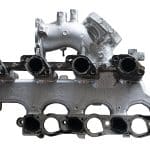
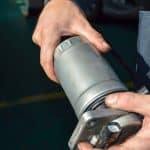


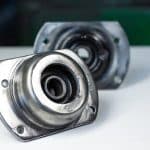

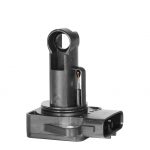
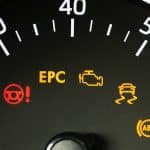

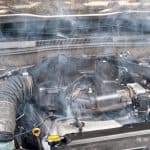
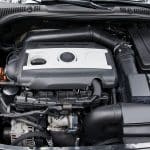
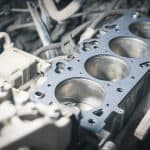
.png)